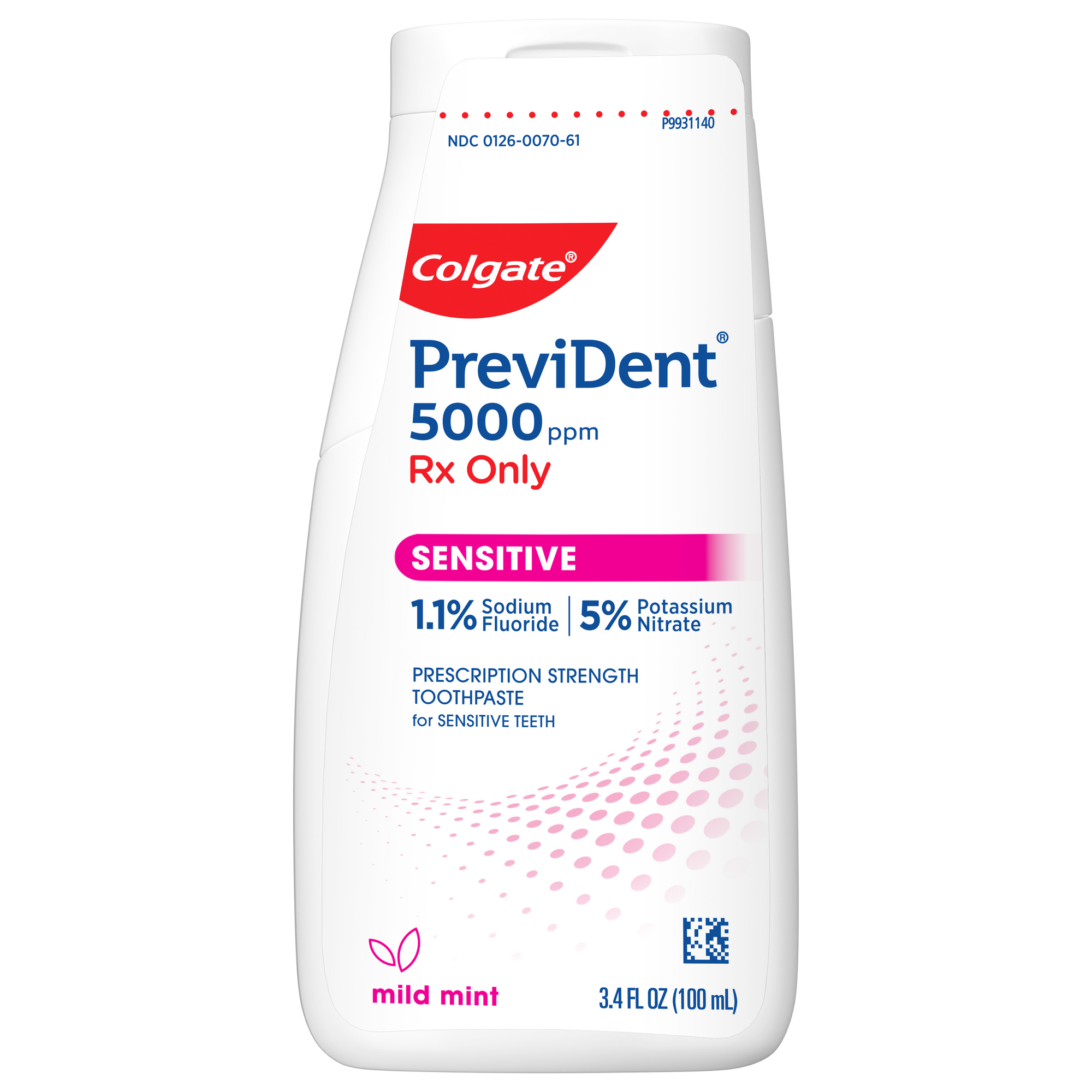How Do Medications Cause Dry Mouth?
You have three major salivary glands in your mouth, and if you're taking a prescription or over-the-counter medication, it could affect any of them. According to a study cited in the Journal of the American Dental Association, more than 500 medications are known to cause dry mouth. Some medications that often cause dry mouth include:
- Antihistamines
- Decongestants
- Pain Killers
- Diuretics
- High Blood Pressure Medications
- Parkinson's Disease Medications
- Antidepressants
- And Others
How Does Dry Mouth Affect Oral Health?
Your saliva plays an important role in helping you maintain good oral hygiene, so dry mouth is a condition that's essential to address. If you don't have enough saliva to wash away food particles and bacteria, plaque can develop on your teeth and gums. And that plaque could lead to gum disease, tooth decay, or even tooth loss.
How to Treat Dry Mouth
Drinking water and staying hydrated is the best way to resolve dry mouth. Bring water with you, and don't wait until you're thirsty to drink it. Getting a humidifier can help keep moisture in the air, particularly if you live in a dry climate. These tips are helpful if your medication is drying out your mouth, too:
- Consider using an over-the-counter oral moisturizer
- Look for alcohol-free mouthrinses made specifically to help with dry mouth
- Sugar-free gum and lozenges can help increase saliva flow
- Ask your healthcare professional if treatment can be adjusted to lessen potential adverse effects on your oral health
- And speak with your dental professional about your dry mouth and ask if they have any tips or suggestions for your specific needs
What Other Effects Can Medications Have On Your Oral Health?
Bleeding Gums
The American Academy of Oral Medicine states that anticoagulants are important medications for preventing heart disease and strokes and can cause your gums to bleed more than normal. If your bleeding gums are concerning you, contact your dental professional and tell them about your symptoms. If you’re undergoing oral surgery or receiving treatment like root planing for periodontal disease, be sure to tell your dental professional what medication you’re taking before the appointment so they can plan accordingly for a safe treatment.
Changes in Taste
If you’re taking a new medication and have noticed things are tasting a bit more metallic or bitter, it could be a result of your prescription. If the tastes you're experiencing concern you, reach out to your healthcare professional to discuss if any alternative treatments are available.
Reactions in Soft Tissue
If you’re experiencing ulcers, discoloration, or inflammation in your gums or other soft tissues in your mouth, they may be the result of a medication you’re on (like immunosuppressants and corticosteroids according to the Journal of Indian Academy of Oral Medicine and Radiology). Ask your dental professional how you can practice good oral hygiene while being gentle on any mouth sores you are experiencing.
Gingival Overgrowth
Antiseizure medications, immunosuppressant medications, and calcium channel blockers have been linked to this condition. According to the American Academy of Oral Medicine, the prevalence of gingival enlargement is as follows:
- About 50% of long-term users of the antiseizure medication phenytoin experience gingival overgrowth.
- Cyclosporine is an immunosuppressant, and the prevalence of gingival overgrowth in users is about 25-30% in adults and over 70% in children.
- For calcium channel blockers, the prevalence ranges anywhere between 15-85%, depending on the type of calcium channel blocker. People taking nifedipine appear to be at the highest risk (6-15%).
Tooth Decay
Many liquid, over-the-counter medications like cough syrup have sugar in them. Throat lozenges, vitamins, antacids, and antifungal agents often use sugar, too. When bacteria and plaque on your teeth meet sugar, they create acid that attacks your tooth enamel. Look for sugar-free alternatives when they're available. If there aren't any, do your best to brush your teeth or, at a minimum, rinse your mouth out after taking medicine.
You may not have a choice but to take certain medications to better your health and wellbeing despite potential side effects. Still, you can always have conversations with your dental professional and healthcare professional to determine if there are alternatives that may work better for your specific circumstances. And there are usually steps you can take to lessen the adverse effects. Don't be shy about asking questions. We hope this information gives you a good foundation of knowledge so you and your dental professional can move forward with a plan for care that will make you smile.
This article is intended to promote understanding of and knowledge about general oral health topics. It is not intended to be a substitute for professional advice, diagnosis or treatment. Always seek the advice of your dentist or other qualified healthcare provider with any questions you may have regarding a medical condition or treatment.
ORAL HEALTH QUIZ
What's behind your smile?
Take our Oral Health assessment to get the most from your oral care routine
ORAL HEALTH QUIZ
What's behind your smile?
Take our Oral Health assessment to get the most from your oral care routine







.jpeg)







